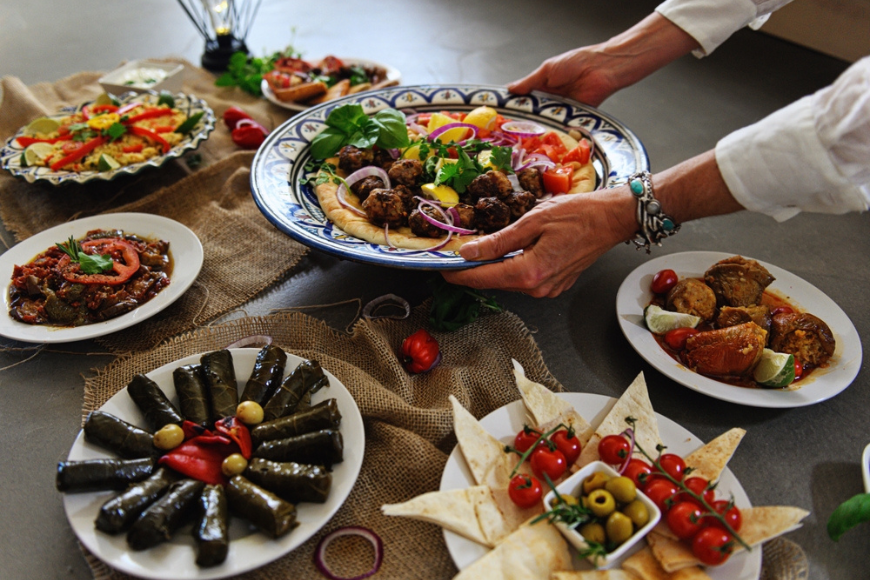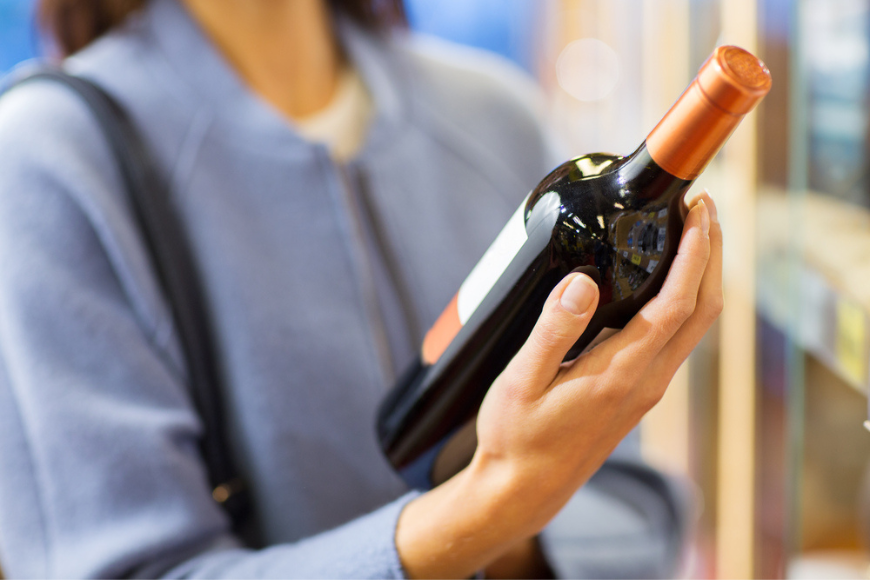There has been a recent spate of pups tested positive for the potentially deadly disease…
23 August 2017
| Last updated on 19 January 2020
There are a few things owners of dogs living in Dubai must be continually aware of; not only do you have to protect your fur-ever friend from heat stroke in the desert climate, protect their paws from the boiling hot floor and still make sure they’re getting enough exercise… There are measures that MUST be taken to ensure life in the emirate with your pup is a stress-free one for you both.
This includes vaccinations.
And unfortunately, due to the number of unvaccinated puppies that are imported by breeders, the risks for potentially deadly viruses can and do increase.
One of the viruses most feared by dog owners in Dubai is canine parvovirus (CPV), or parvo – for short.
And it seems over the past few weeks there has been increased amounts of cases reported by members of the community living here online, as well as by veterinary clinics and boarding kennels and groomers.
What is canine parvovirus?
It is a highly contagious viral illness, with the most common strain being the intestinal form that tends to affect both puppies and older dogs that are either unvaccinated, or have a compromised immune system.
SEE ALSO: 16 awh-worthy pictures of dogs in Dubai
On the other hand, CPV may also attack in the cardiac form – which attacks the heart muscles of very young puppies, which often leads to death.
What are the signs and symptoms of parvo in dogs?
The intestinal form is characterised by:
- vomiting
- diarrhea
- weight loss
- lack of appetite – which can result in anorexia
These are the most common and major symptoms that are associated with the intestinal version of CPV.
If your dog displays any of these symptoms, take them to a reputable veterinary clinic immediately.
Ultimately, the virus attacks the dog’s ability to absorb nutrients, which quickly leads to dehydration and weak from lack of protein and fluid absorption.

How you can help prevent your dog getting CPV
The best prevention you can take against CPV is to ensure you follow the correct protocol for vaccination; young puppies should be vaccinated at six, nine and twelve weeks and should wait two weeks before going outside.
For puppies a little older – which more often than not is the case when families and couples welcome a dog into their home in Dubai – it’s best to register them at your chosen vets and discuss with them the possibility of redoing them or having the booster.
How is parvo spread in Dubai?
There are many risk factors that can increase your dog’s susceptibility to the disease, but mainly, CPV is spread either by direct contact with an infected dog, or indirectly, by the fecal-oral route.
SEE ALSO: New park in Dubai lets dogs run free
Even if your pup simply sniffs another dog’s stool, it can contract the disease.
Which is why, and it goes without saying, that it is SO important to pick up after your dog. You can even go and splash some water on the spot, too to help clean after they’ve been in public.
Protecting your home from CPV in Dubai
There are measures you can take to ensure that the virus does not survive in any environment your dog comes into contact with; especially in your home and garden, you can use products such as Clorox and F10 that are suitable disinfectants that help kill the virus, and are animal friendly.
- Tags:
- dogs in dubai
- Pets
- Vets
- parvovirus































































































![We Tried [u]bk's Lively Garden Brunch at Mövenpick JLT Dubai We Tried [u]bk's Lively Garden Brunch at Mövenpick JLT Dubai](https://cdnexpatwomanfood.expatwoman.com/s3fs-public/urban%20bar%20and%20kitchen%20brunch%20main.png)







































